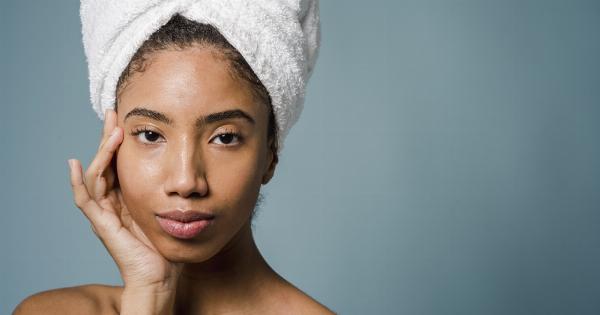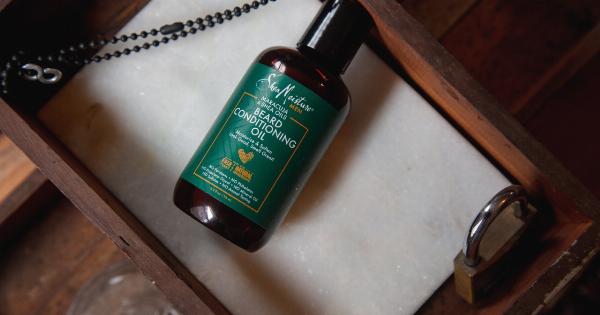Everyone desires beautiful, healthy hair, but achieving it is not always easy. Often, we make some mistakes that can damage our hair and cause breakage, dryness, or even hair loss. Here are some common hair care mistakes that you might be making:.
1. Over-washing Your Hair
Washing your hair too frequently can strip your scalp of natural oils and make your hair dry and brittle. It is recommended to wash your hair every 2-3 days, or even less frequently if you have curly hair.
However, if your hair tends to get oily quickly, you can use a dry shampoo in between washes.
2. Using Hot Tools Without Protection
Flat irons, curling wands, and blow dryers can all cause heat damage to your hair if used improperly. To avoid this, always use a heat protectant spray before using any hot tools.
Additionally, make sure to set the temperature correctly – if your hair is fine or damaged, use a lower temperature.
3. Brushing Wet Hair
Wet hair is fragile and more prone to breakage. Brushing it when it’s wet can cause damage and split ends. Instead, use a wide-toothed comb or a detangling brush to gently comb through your hair when it’s damp.
4. Skipping Regular Trims
Even if you’re trying to grow your hair longer, it’s important to get regular trims to keep your ends healthy and prevent split ends. Ideally, you should trim your hair every 8-10 weeks. This will also help your hair look more voluminous and less flat.
5. Using Too Much Product
Using too many styling products at once can build up on your hair and make it look greasy, weighed-down, and dull. It can also clog your scalp pores and cause dandruff.
To avoid this, use only a small amount of product and apply it evenly throughout your hair.
6. Using The Wrong Shampoo And Conditioner
Not all shampoos and conditioners are created equal. Using the wrong products for your hair type can cause damage and make your hair look worse. For example, if you have fine hair, using a heavy conditioner can make your hair look greasy.
Similarly, if you have curly hair, using a shampoo with sulfates can dry out your curls and make them frizzy.
7. Towel-drying Your Hair Roughly
When you get out of the shower, resist the urge to scrub your hair with a towel. Doing so can cause breakage and damage your hair cuticles. Instead, gently squeeze the excess water out of your hair with a microfiber towel or an old t-shirt.
8. Ignoring Scalp Health
A healthy scalp is the foundation of healthy hair. Neglecting your scalp can cause dandruff, itching, and hair loss.
To keep your scalp healthy, make sure to use a clarifying shampoo once a month to remove any buildup, and massage your scalp with your fingers to stimulate blood flow and promote hair growth.
9. Over-Processing Your Hair
Chemical treatments like coloring, perming, or relaxing can weaken your hair and make it prone to breakage and dryness. Over-processing your hair can also cause hair loss and scalp damage.
To avoid this, make sure to space out your chemical treatments and give your hair time to recover between treatments. Also, consider using natural hair dyes or henna instead of chemical dyes.
10. Neglecting The Diet
Your diet plays a key role in the health of your hair. Not getting enough nutrients or overeating processed foods can weaken your hair and cause hair loss or thinning.
To promote healthy hair growth, make sure to eat a balanced diet that includes plenty of protein, vitamins, and minerals. Focus on foods like eggs, nuts, leafy greens, and fish.
Conclusion
Avoiding these common hair care mistakes can help you get healthier, more beautiful hair. By taking care of your hair properly, you can prevent damage, breakage, and hair loss and enjoy shiny, voluminous hair that you’ll love.





























